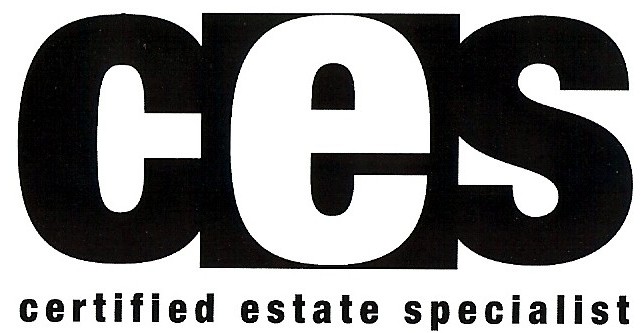The sale of real estate at auction has become an increasing trend in the United States. Having long been the default method of liquidation for distressed properties, real estate auctions are becoming mainstream. More and more buyers and sellers of real estate are realizing that the auction method of marketing can many times be superior to traditional real estate listings.
The National Association of Realtors claim that “[all] types of property can be sold at auction. For sellers, auctions mean immediate cash and no long-term carrying costs. For buyers, auctions can save time and money.” The National Auctioneers Association claims that over $58 billion in real estate was sold at auction in 2007. Real estate auction volume has increased each year since the NAA started tracking it in 2003.
Having long recognized the importance of real estate as a component of the auction industry, the NAA offers a professional designation called AARE – Accredited Auctioneer Real Estate. AARE is a prestigious designation, held only by several hundred auctioneers worldwide.
Here’s the official description from the NAA website.
An auctioneer with the AARE designation has gone the ‘extra mile’ to ensure they offer the highest level of professionalism and the most up-to-date information when it comes to selling properties. Whether selling residential, agricultural, commercial or industrial properties, AARE auctioneers have enhanced knowledge in all pertinent areas, such as:

Accredited Auctioneer Real Estate
- Marketing techniques
- Financial/investment calculations
- Evaluating cash flow
- Holding-period analysis
- Tax consequences of buying and selling properties
- Multi-parcel real estate auctions
We asked AuctioneerTech friend Tom Jordan, CAI, AARE, CES, MPPA, why an auctioneer should take the AARE courses. Tom is a member of the AARE committee and a candidate for NAA Education Institute Trustee. He posted his reply on his blog. Here’s what he said.
Most real estate brokers are taught how to sell real estate the traditional way by listing the property and putting it in MLS. They either learned this through going to a state approved real estate school or the real estate agency they work for or both. The auction method is not taught in real estate schools, though there is nothing wrong with selling real estate the traditional way – not all properties are good for auction and, on the flip side, some properties will do better at auction. The NAA Education Institute designed the AARE designation to fill the knowledge void both for Realtors(R) and auctioneers and real estate brokers of the auction method of how to sell real estate at auction.
Tom also noted that the second of the three courses was recently rewritten to make it flow better. The course now requires a working knowledge of using a calculator for financial functions so the class time can be spent on learning real estate- and auction-related equations.
The AARE course is offered is three classes. Each AARE class is two days in length.
- 100 Emphasizes how to market residential, agricultural, commercial and industrial properties
- 200 Learn the techniques for evaluating cash flow, holding period analysis, tax consequences of auctions and the challenges associated with each
- 300 Working in groups, students evaluate properties, design a proposal to get the sale, and plan, conduct and prepare a post-auction report
The NAA requires that each auctioneer with the AARE designation successfully complete all three classes as well as submit documentation of ten auctions, an auction summary report and an application to gain the designation. In addition to the initial requirements, there is the standard yearly designation fee and requirement for continuing education.
Realtor(R) Dave Sommers, AARE, recently received the designation. “The instructors were excellent,” he said, “especially Manson Slik. The course makes what you’ve been doing seem fresh. As with all NAA courses, the additive benefit of the camaraderie with others adds so much to the course materials. Knowing that there are other auctioneers who have dealt with the same problems you’ve had and can walk you through solving them is an invaluable benefit.”
Your next opportunity to take the AARE courses is in Chicago in April. For a list of upcoming courses from the NAA, see the NAAEI Events List.







